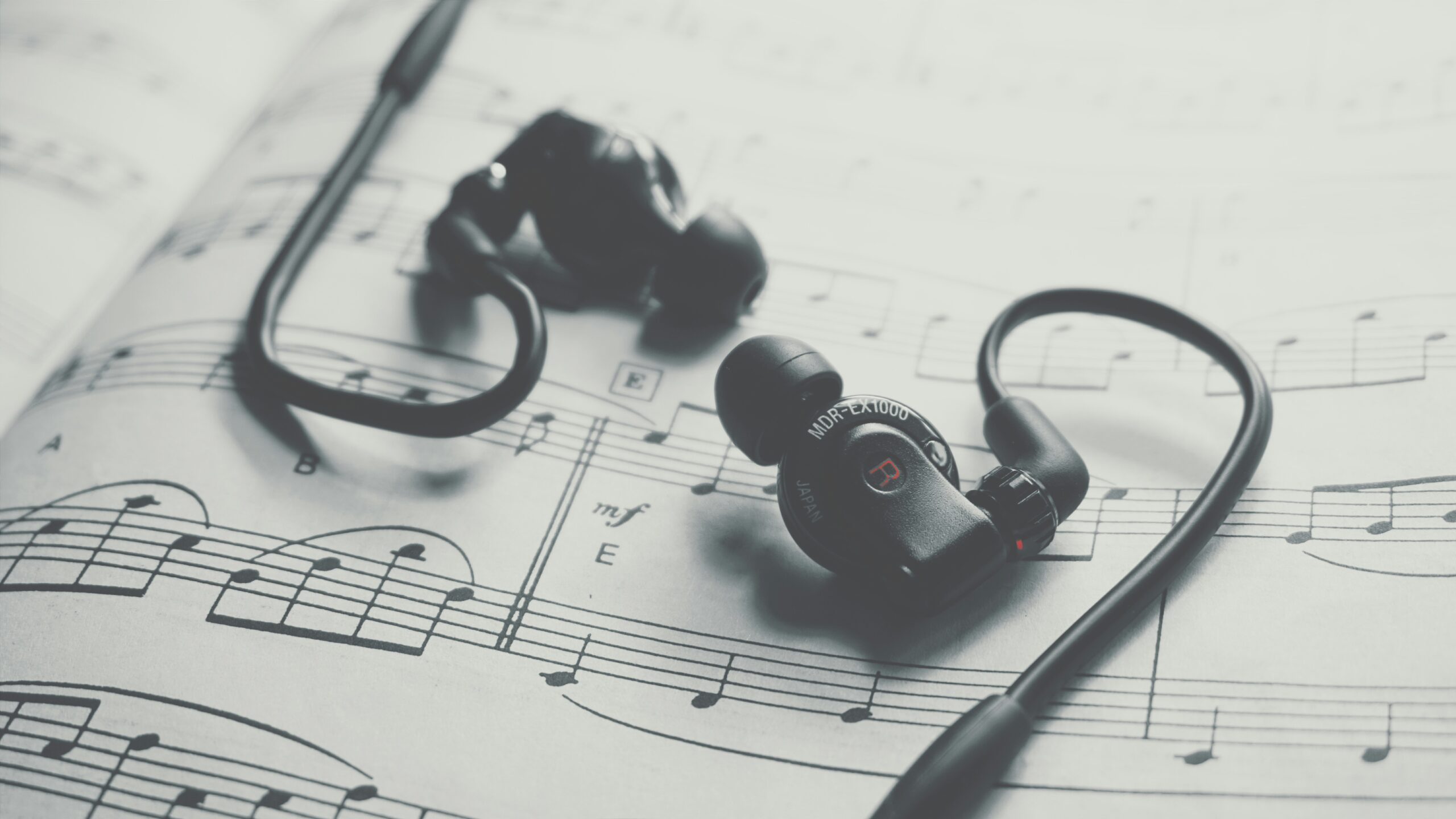
Music has always held a unique place in human culture. Music shapes emotions, behavior, and even cognition, from ancient rituals to modern concerts. But when did people begin to study how music influences the mind scientifically? The origins of music psychology trace back centuries, combining philosophy, science, and art to unlock the mysteries of music’s power.
Understanding these beginnings helps us appreciate the complexity behind how music affects the mind and why music psychology remains a vital area of study today.
Early Philosophical Ideas About Music and the Mind
The roots of music psychology reach deep into ancient philosophy. Early thinkers pondered how music could influence emotions and human behavior. For example, Plato and Aristotle believed music had moral and educational power. They argued that different musical modes could shape a person’s character and mood. These ideas suggested an early awareness of the connection between music and mental states.
Similarly, the concept of the “music of the spheres” proposed that the universe itself followed musical principles, reflecting harmony and order. While not scientific by today’s standards, such philosophies laid the groundwork for later psychological inquiry by linking music to human experience and the cosmos.
The Scientific Awakening: 18th and 19th Centuries
Music psychology emerged as a scientific field during the 18th and 19th centuries. Researchers started more rigorously investigating music’s effects, moving beyond abstract theory. This era saw experiments on sound perception, pitch, and rhythm, marking a shift toward empirical study.
One significant figure was Ernst Heinrich Weber, whose work on sensory perception influenced how psychologists measured responses to musical stimuli. His research on just-noticeable differences helped establish methods for quantifying how people perceive changes in pitch and loudness.
Later, Gustav Fechner advanced psychophysics, applying experimental methods to understand sensory experience, including musical sounds. Their combined efforts helped music psychology develop scientific tools to study the interaction between music and the mind.
Early Experimental Studies on Music Perception
The 19th century brought focused experimental studies that expanded the understanding of music perception. Researchers tested how listeners perceive intervals, scales, and harmonic relationships. These studies clarified why certain combinations of notes sound pleasant or dissonant.
For instance, Hermann von Helmholtz analyzed the physics of sound and related it to musical harmony and perception. He explained how overtones and frequency ratios create consonance and dissonance, grounding music theory in physiological processes.
Psychologists also examined rhythm and timing, exploring how humans detect and anticipate beats. These insights laid the foundation for modern research on timing, memory, and emotional response to music.
The Birth of Music Psychology as a Formal Discipline
The early 20th century marked the formal birth of music psychology as a specialized academic field. Psychologists began applying theories and experiments to music cognition, emotion, and development.
Carl Seashore, often called the father of music psychology, pioneered studies on musical aptitude and ability. He developed tests to measure pitch discrimination, tonal memory, and rhythm recognition, which are still influential in music education and research.
At the same time, interest grew in how music affects emotions and mental health. Early investigations considered music therapy and its potential to support well-being, setting the stage for clinical applications of music psychology.
Modern Advances and the Growing Scope of Music Psychology
Today, music psychology covers a wide range of topics, from brain imaging studies showing how music activates various neural networks to exploring music’s role in social bonding and identity. The field integrates psychology, neuroscience, music theory, and cultural studies.
Researchers now study how music shapes emotions, memory, attention, and physical health. Technology allows more profound insights into the mind’s response to music, confirming and expanding early theories about the music-mind connection.
Furthermore, music psychology informs industries like education, therapy, and entertainment, proving the enduring relevance of understanding music’s impact on the mind.
Appreciating the Journey of Music Psychology
Tracing the origins of music psychology reveals a rich history of inquiry and discovery. From ancient philosophers’ reflections to modern neuroscience, the field has continuously deepened our understanding of how music affects the mind.
We recognize the powerful bond between music and human experience by appreciating this journey. Music psychology explains this relationship and enriches our lives by guiding how we create, listen to, and benefit from music.